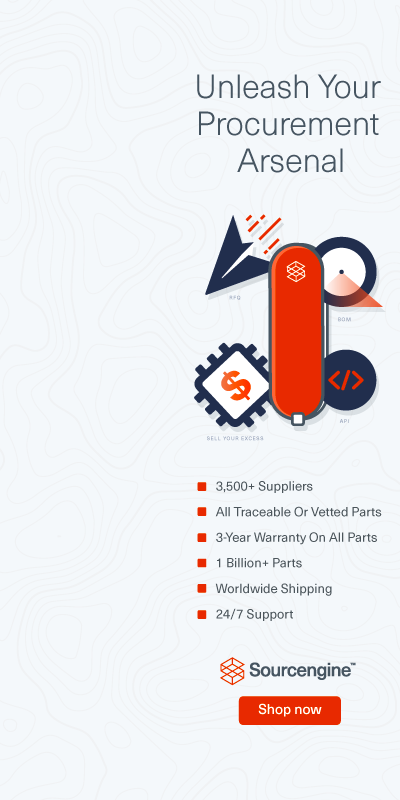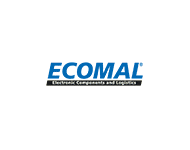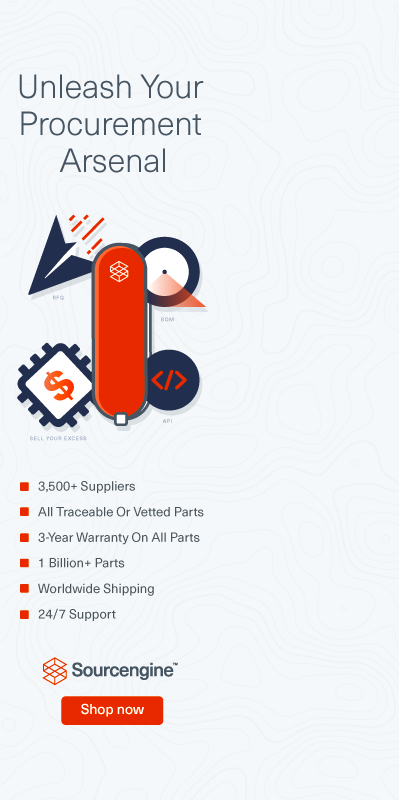
PCB |
Interwiew with Mr.Sellami CEO at FUBA Tunisia
Mr.Sellami CEO at PCB Maker FUBA Tunisia explains the company's goals and future plans in this Q&A.
Question: Mr. Sellami what changes at FUBA Tunisia stand out the most?
Sellami: Today's FUBA Tunisia, is totally different from what it was some years ago thanks to the motivated investment plan committed since 2002. This investment plan was divided on two schemes: The first one was to increase double-sided PCB's production capacity by more than 200 % to assure flexibility and more reactivity permitting a better respond to customers request particularly for a shorter lead times and reactivity regarding delivery dates, quantities as well as technical modifications. The second scheme was to build a multilayer division and acquire all necessary equipment for this technology as well as the expertise from our partner FUBA Germany. All these steps were already achieved. However, and thanks to an effectice continuous improvement plan highlighted in the business plan we are looking for more than that.
Question: So what are your plans after Multilayer implementation?
Sellami: For the second semester, we are constantly expanding capacity and trying to
improve our Multilayer production process. For the next couple of years, we plan to increase our technology level by producing HDI and copper inlay circuits, while maintaining priority on quality, production cost reduction and competitiveness.
Question: What are the new goals focused by the FUBA-Group?
Sellami: FUBA-Group strategy is to consolidate our relationship with our customers and
suppliers in offering them a complete product set and implement the One-Stop-Shop concept
from the prototyping shop to mass production and from high to mid technology offered by the
three plants Gittelde, Dresden and Tunisia.
Question: How are you working along with suppliers?
Sellami: The FUBA-Group is consolidating more and more partnership with strategic
suppliers. We believe that our growth can only be successful, if we work on long-term
relationship with our suppliers to increase the level of the technology and reduce costs.
Question: Do you consider FUBA Tunisia as a low cost Production Unit?
Sellami: The price is now the major factor that drives the largest OEM and EMS leaders to
buy from low cost areas, but is the price the only determining factor for the supplier's choice or o we need more than that today? We believe that the customer also need the quality,
flexibility and technical assistance. That is what FUBA Tunisia is offering. In fact, we are trying o create the most auspicious environment for a long-term partnership with customers in onsidering all aspects that could improve this relationship.
Question: Given that marketing relationship expecially in the B-to-B (Business to
Business) context is gaining more and more interest, how do you manage customer's
relationships?
Sellami: We are conscious of the importance of this issue. We believe that the customer
needs to be closer to the supplier, therefore a long-term partnership between the customer
and supplier is more than solicited. This is what we are offering.
In fact, we prefer always to say partner rather than customer because it is what we are really
trying to achieve “a long-lasting relationship“ through accurate studies of our market and
partner's needs as well as the assistance of the latter for all they may need throughout the
business process. For this, our commercial and marketing departments are complementing
each other for an enhanced understanding of the market, partners and finally for a better
reactivity and competitiveness.
Question: Have you made any decision regarding the second LCC plant?
Sellami: We studied this issue carefully and our decision is that we will not invest in Eastern
Europe. Most probably, the plant will be in Tunisia.






